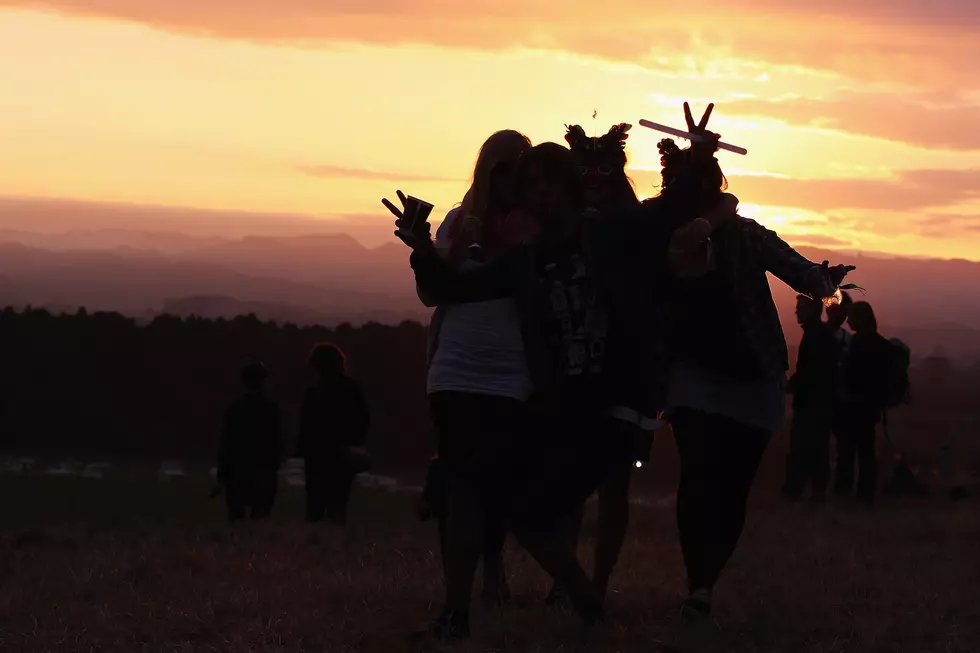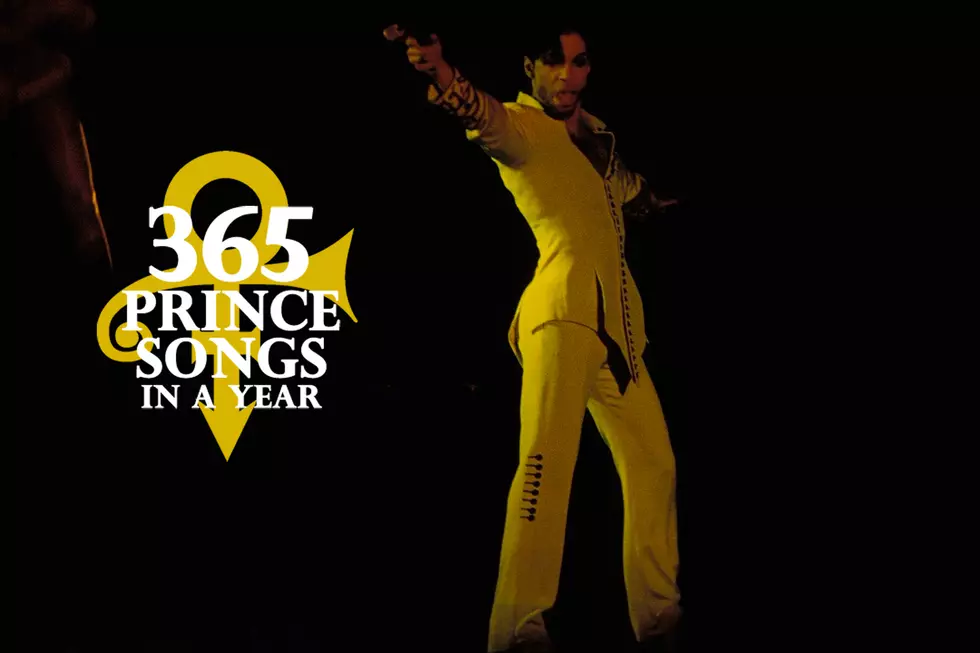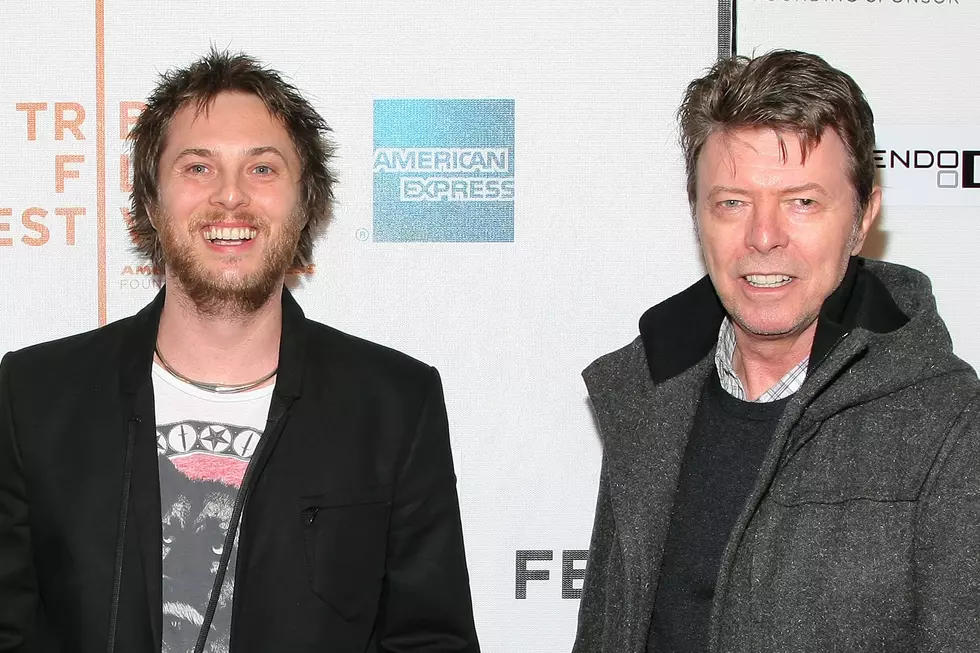
The Cure Had a Fun Side, Lol Tolhurst Insists
The title of Cure co-founder Lol Tolhurst's memoir Cured: The Tale of Two Imaginary Boys holds true in more ways than one. Tolhurst started the band with his childhood best friend, Robert Smith. Together they not only searched for a sound and attitude to cure the doldrums of small-town British life, they courted a certain image. But their Goth exterior was only one part of the band, Tolhurst insists.
"I think a lot of people would expect us to be a lot more morose. To be sitting in a room crying all the time," he told Pitchfork. "But the very best moments together were lighthearted and joyful and witty. One of the first things my wife Cindy said to me when she met Robert for the first time was, 'He’s incredibly humorous; he has a great wit.' People don’t expect that out of us; they expect us to be very dour. And that’s not really the case."
The humor was likely a way of dealing with their surroundings: '70s England. Tolhurst, whose book recounts the band's early days while focusing on his own alcoholism-fueled misdeeds and subsequent road to recovery, paints a bleak picture of the environment in which they came up.
"We grew up in the ’70s, pre-European Market. The thing with Brexit: People forget how dire it was back in those days before we joined everything," he says. "There was the three-day week, there was a lot of unrest, and there was a lot of violence. Walking down the street, dressed as we were, we would always provoke something. There was still that hangover from the more austere times, and some people didn’t want to see anything change. Because punk was changing things. Some of the first places we were playing are outside of the main metropolis, and people are perhaps less sophisticated, and it’s threatening to them. You have to remember that everything that happened after the Second World War, in England, didn’t really recover until the ’80s."
Comparing the current state of affairs to what he experienced in the Cure's heyday, Tolhurst, who played drums and later keyboards for the band, says one positive could come from the current state of worldwide decay, which he says is clearly evidenced in the U.S. — "you only have to see Trump and all that nonsense."
"I was talking about this with someone else the other night, and he said, 'Because things are this extreme again, maybe there’s a chance for another band that changes a whole genre to come along.' Maybe there’s something good that’s going to come out of all this unrest."
More From Diffuser.fm









